From us! Your evil stepsisters! We were here to take over and make you do all the work! Now fetch us a snack.“
From us! Your evil stepsisters! We were here to take over and make you do all the work! Now fetch us a snack.“
This book addresses relatable family changes, empathy, accessible format, and teaches resilience to older elementary-aged students. It also opens up discussions for students to talk about their feelings.
Graphic Novel- Published 2020- This book addresses mature themes such as divorce, blended families, and change using graphics, making it more accessible to younger readers rather than using heavy text.
Fairy tales use repetition, patterned phrasing, and dramatic tension—great for vocabulary and comprehension practice. Also has powerful illustrations and supports social-emotional learning.
“So the wolf lifted the latch and opened the door. He ran straight to the bed, and without even saying a good-morning, he ate up the poor old grandmother in one gulp.“
“If you can't see in far enough, then get on this board and I'll push you in. There is plenty of room in the oven. Once you are inside, you can take a good look.“
This book is good to use in class because it encourages critical thinking, furthers social-emotional learning, and has cultural/historical connections.
Caldecott Honor-Traditional Literature- Published 1985- This book is a fairy tale because of its traditional origin, magical elements, moral lesson, and resolution.
Caldecott Honor- Traditional Literature- Published in 1984. Little Red Riding Hood is classified as a fairy tale because it is timeless and helps show children a clear moral lesson, and helps them about the good vs evil.
Ages 3–7 (Preschool to 2nd grade): The simple, repeated message “You matter” helps children internalize that they are valued and important.
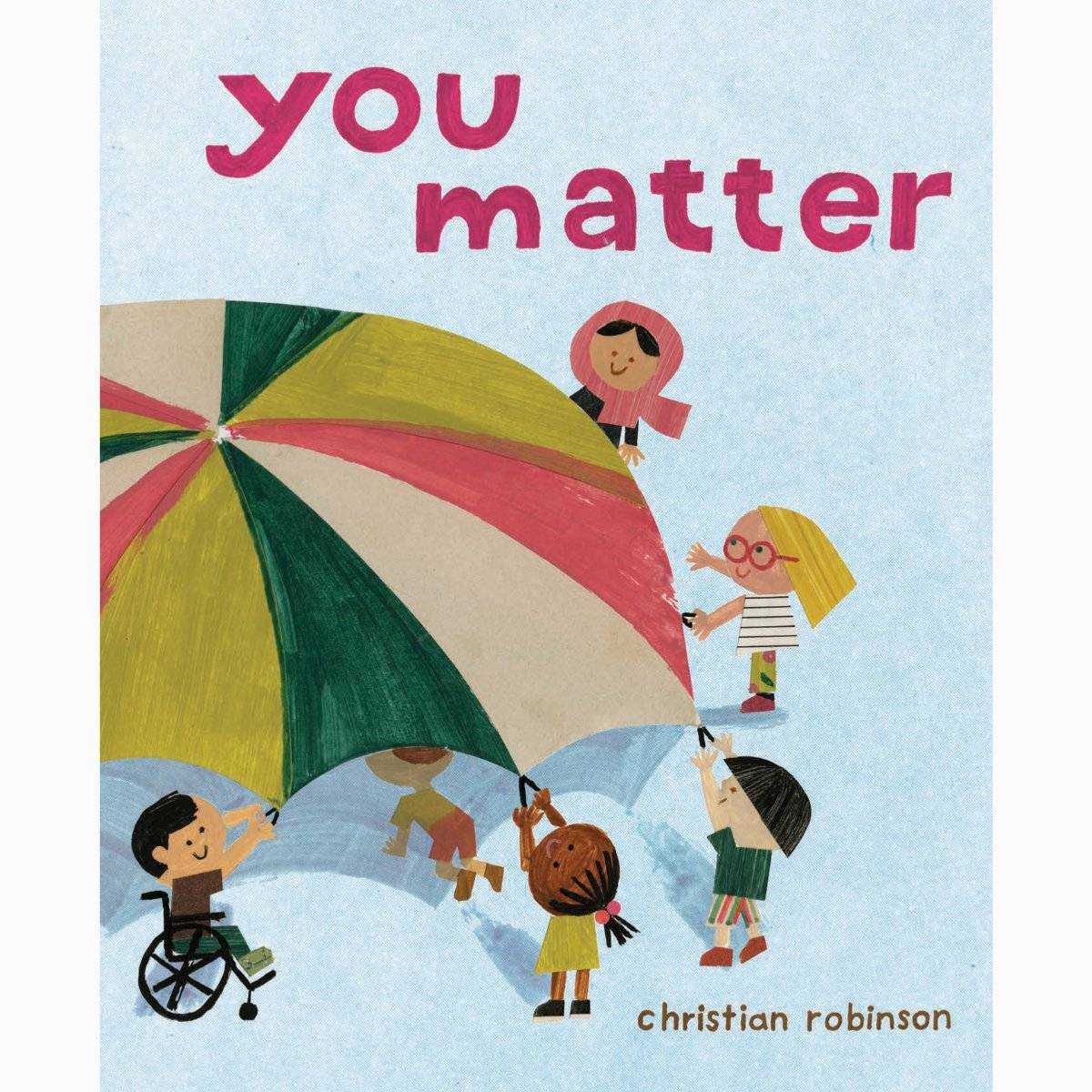
Picture book- You Matter by Christian Robinson (2020):Robinson uses bright, solid colors that make the characters and objects stand out clearly. The illustrations are clean and accessible, perfect for young readers to focus on emotions and actions without distraction. Some pages have textured or layered elements, giving depth while maintaining a child-friendly style.
“Brown bear, brown bear, what do you see? I see a red bird looking at me.“
Ages 2–5 (Toddler to Preschool / early Kindergarten)The repetitive, predictable text helps children learn sentence patterns, colors, and animal names.
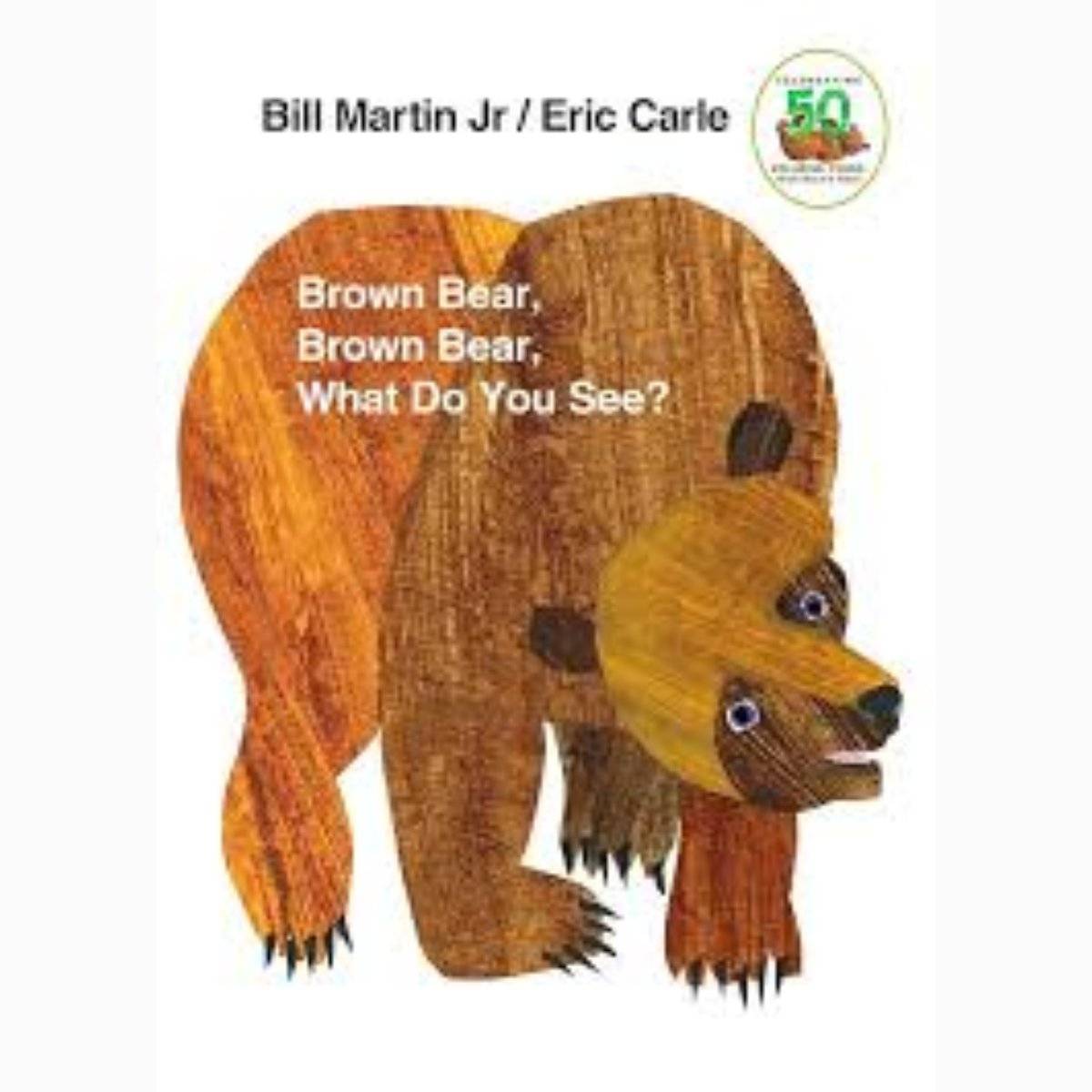
Picture books- Brown Bear, Brown Bear, What Do You See? by Bill Martin Jr.(1967) Carle uses hand-painted papers cut and layered to create bold, textured images. Each animal is shown in a vivid, solid color that contrasts with the white background, making them stand out. Animals are easily recognizable, perfect for very young readers just learning to identify objects.
Ages 3–6 (Preschool to Kindergarten/early 1st grade) (1999) The vibrant, textured illustrations and rhythmic text draw children in visually and auditorily
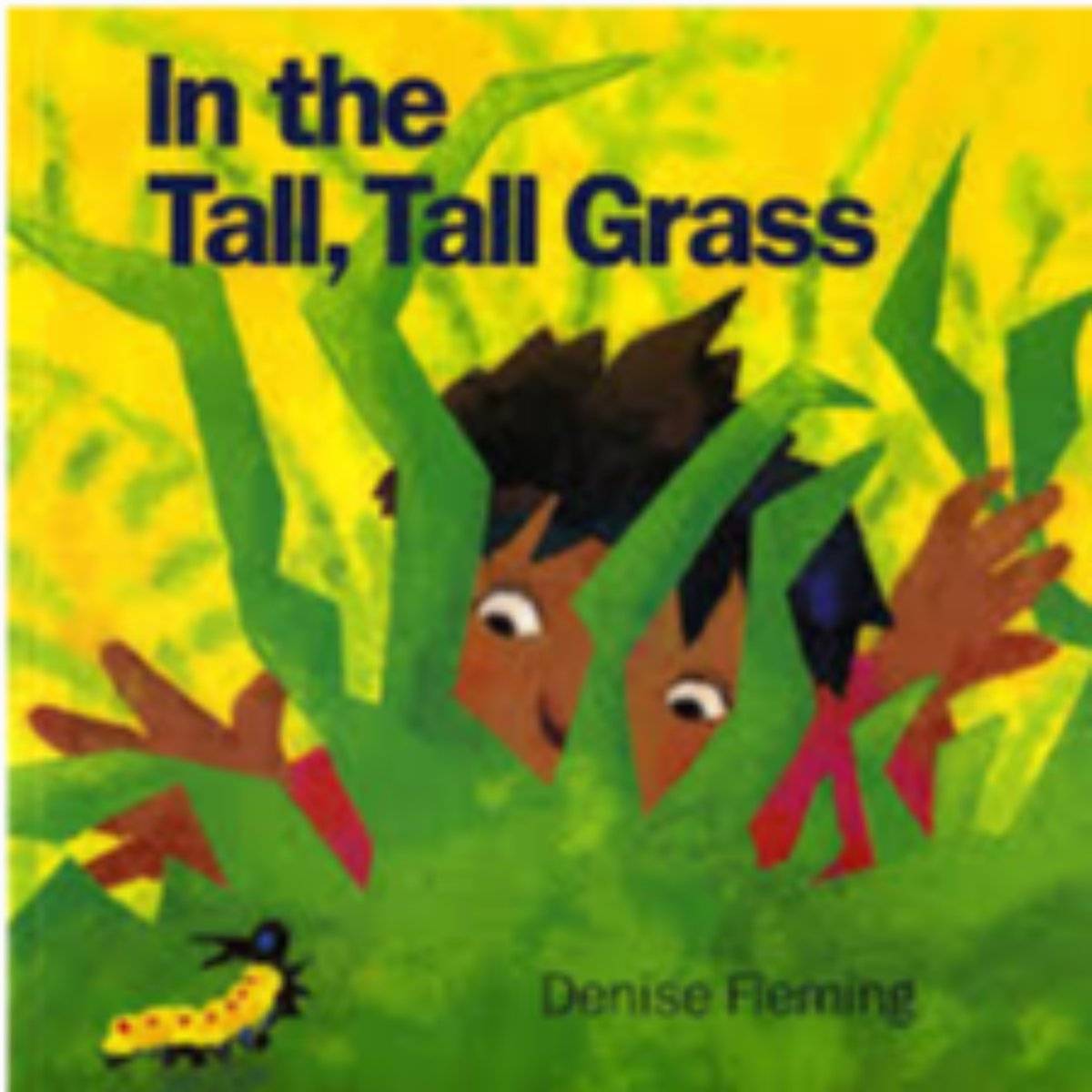
picture book-In the Tall, Tall Grass by Denise Fleming (1999)-Fleming creates her artwork by mixing paper pulp with colored pigments, then layering it to form images. This gives the illustrations a textured, tactile quality. She uses simple and clear shapes.
“But everyone on the island of music, in the city of drumbeats, believed that only boys should play drums.”
This book is great for ages 5–9 (Kindergarten through 4th grade) The story celebrates following your dreams and challenging unfair rules, teaching children about persistence and self-confidence.
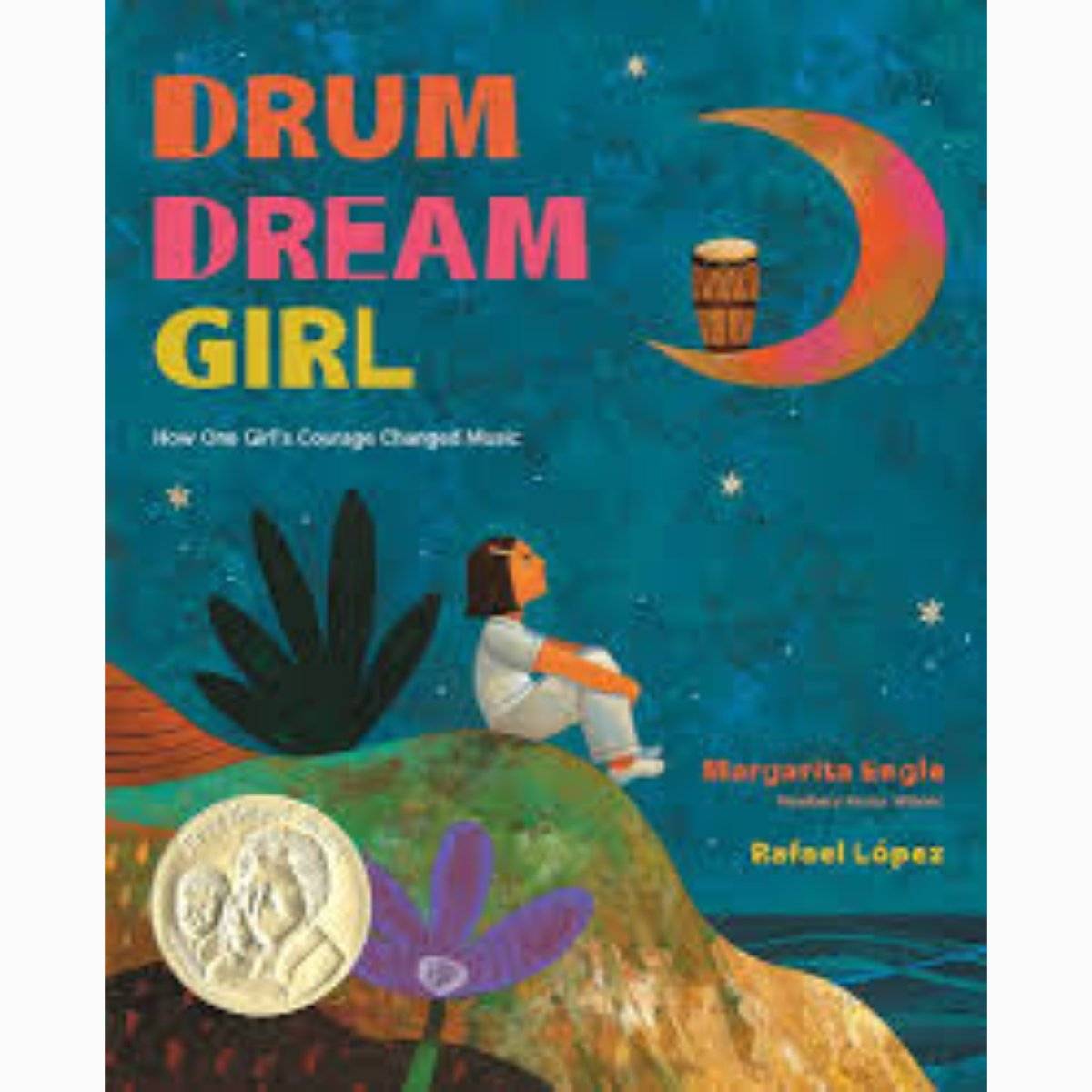
Drum Dream Girl by Margarita Engle (2015)Pura Belpre Award-Vibrant, colorful palette: López uses bold, bright colors — reds, yellows, blues, and greens — to reflect the energy and rhythm of Afro-Cuban music. Many spreads show movement and flow, capturing the beat of the drums and the excitement of parades and music. Illustrations combine painting, collage, and textured patterns, giving depth and a tactile sense to the artwork.
“The rabbit with stars wasn‘t waiting for anything in particular. He just liked to look out the window and wait.”
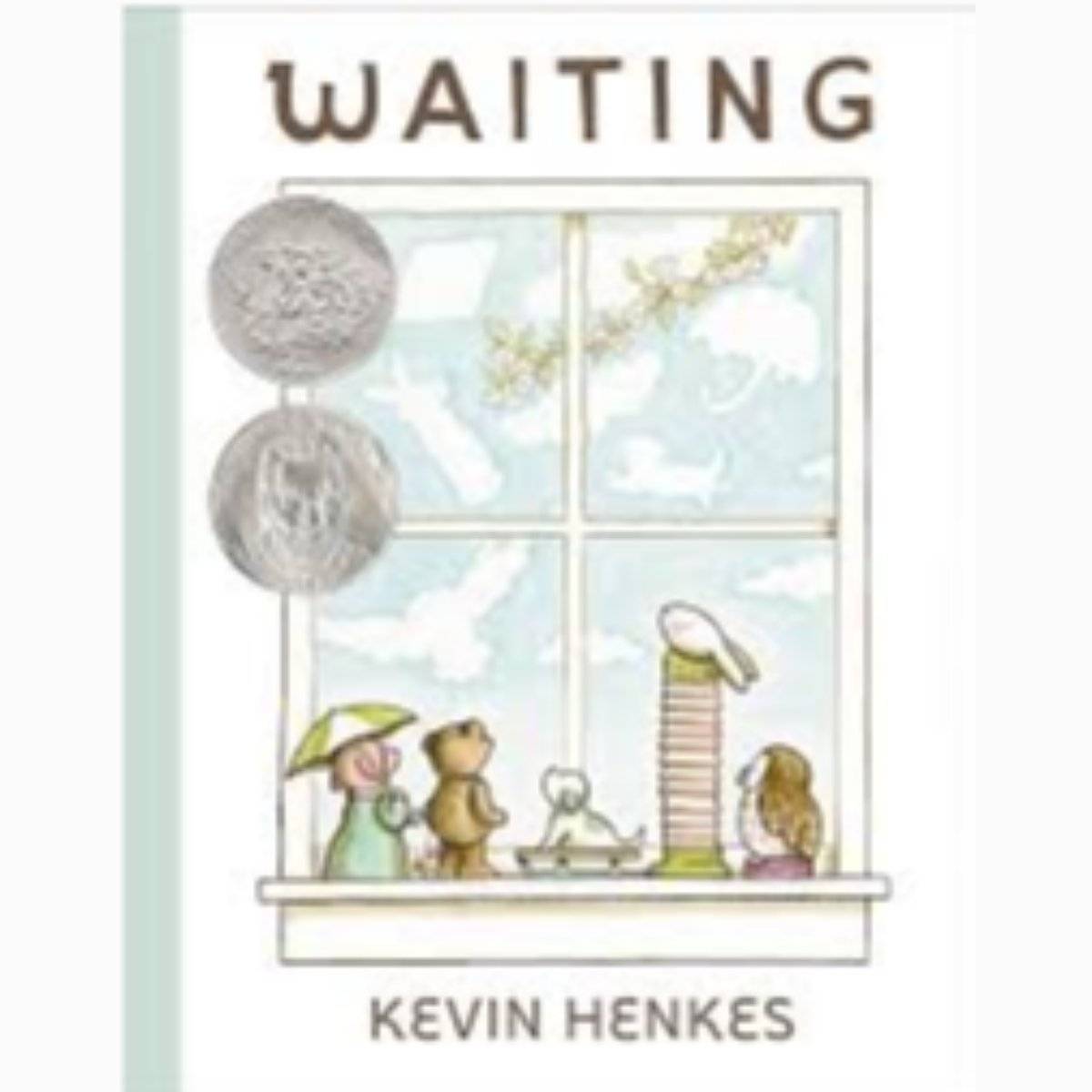
Picture Book- Waiting by Kevin Henkes (2015) Caldecott honor-Author uses gentle, muted colors — browns, pinks, green-blue tones — that feel soothing and calm. The pages often have light, neutral backgrounds, which help the toys and small changes outside the window stand out without overwhelming the eye.
Waiting by Kevin Henkes is best for ages 3–7 (Preschool to 2nd grade).Young children can easily follow along, while the quiet tone encourages focus and reflection.
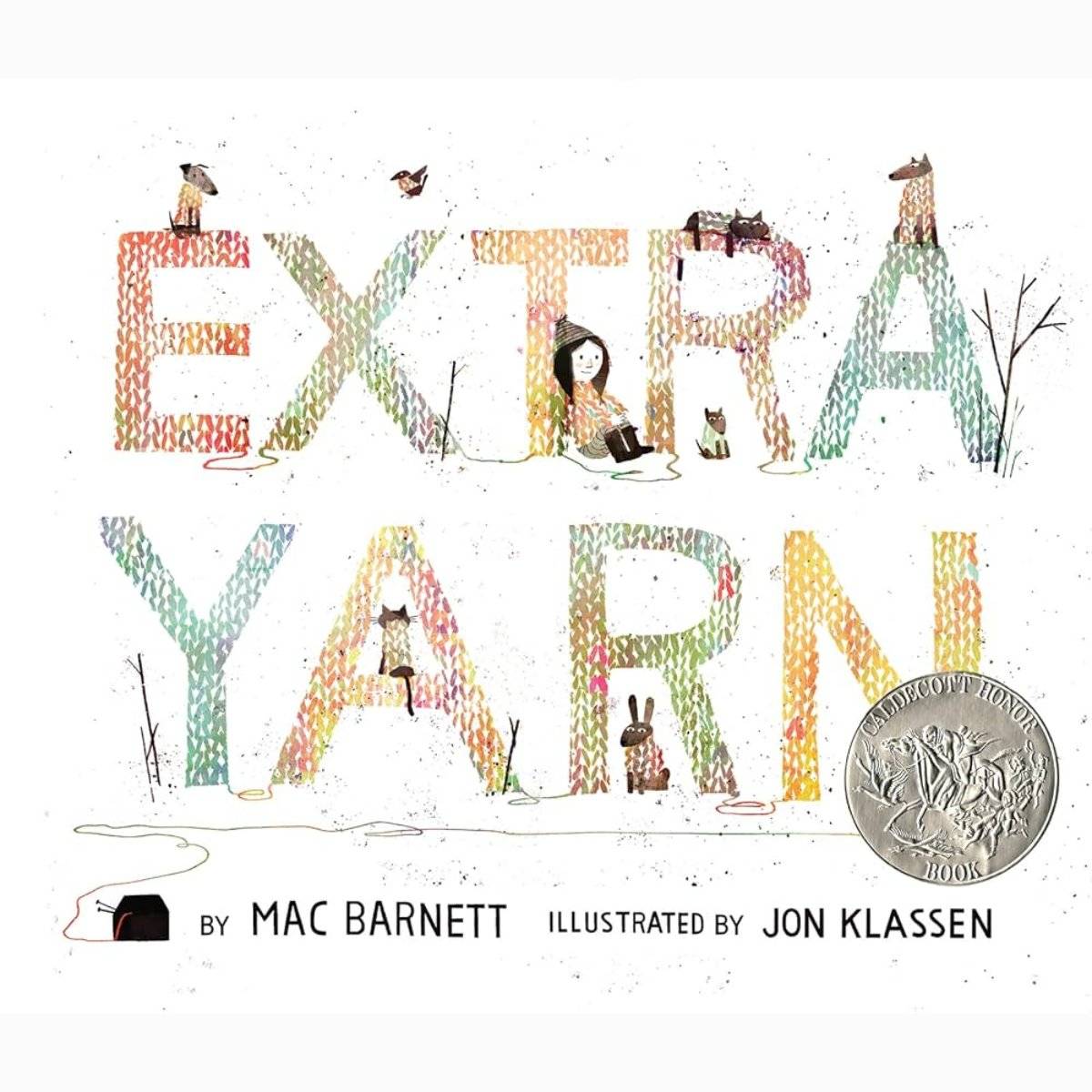
Picture book- Extra Yarn by Mac Barnett, illustrated by Jon Klassen (2012) The illustrations balance muted grays with bursts of bright yarn, symbolizing hope and kindness spreading through the community. His clean lines, textured style, and subtle humor add depth, making each page visually striking while supporting the story‘s gentle magic.
This book is great for younger elementary-aged students. It can be used to explore themes of generosity, creativity, and community.
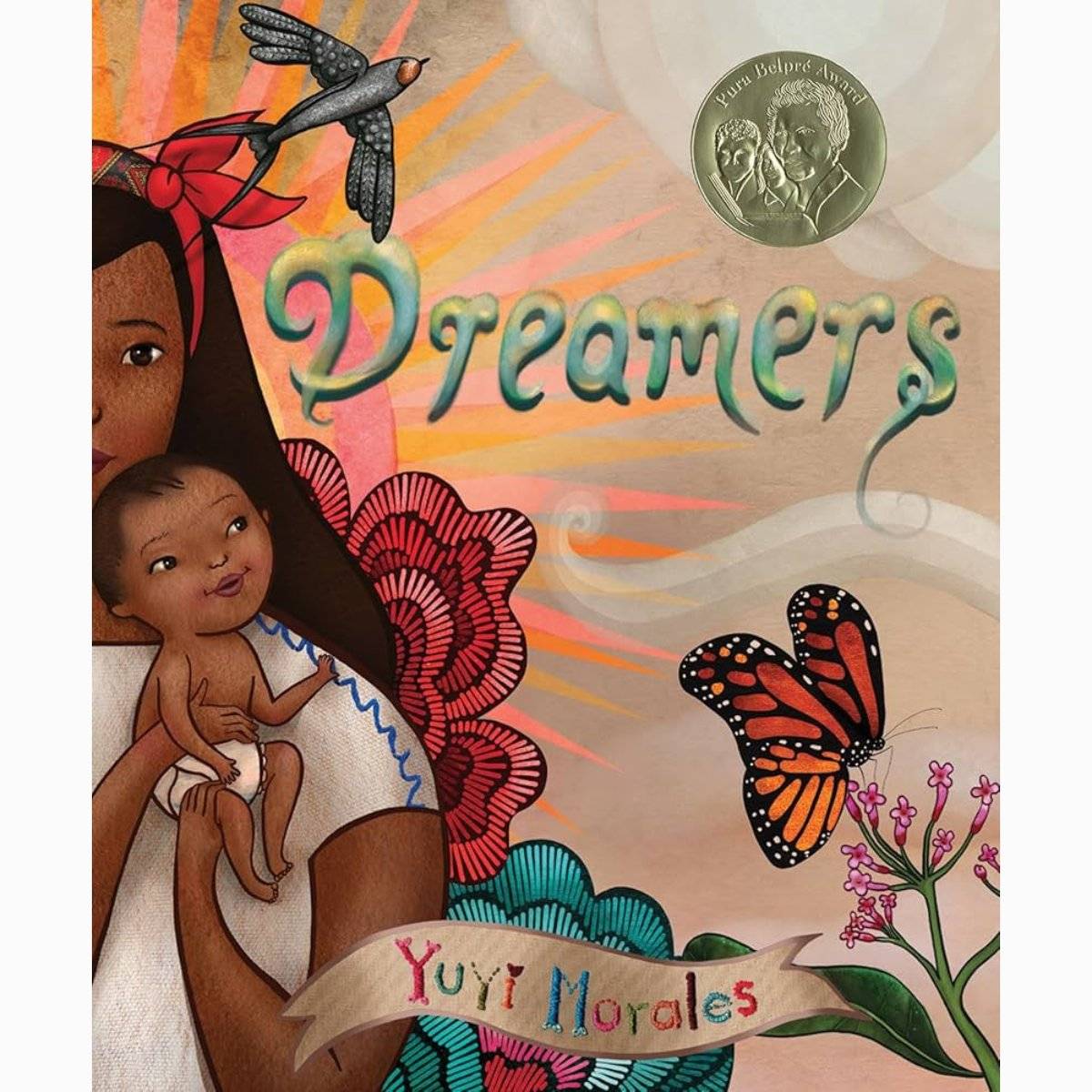
Picture Book- Dreamers by Yuyi Morales (2018) The illustrations in Dreamers glow with rich textures, vibrant colors, and symbolic details that blend Mexican culture with the journey of immigration. Each page feels like a mural, inviting readers to pause and explore. Morales‘s art powerfully conveys resilience, hope, and the magic of finding one‘s voice through books
This book would be good for 1st to 5th grade and can be used to spark discussions about immigration, identity, resilience, and the power of books.
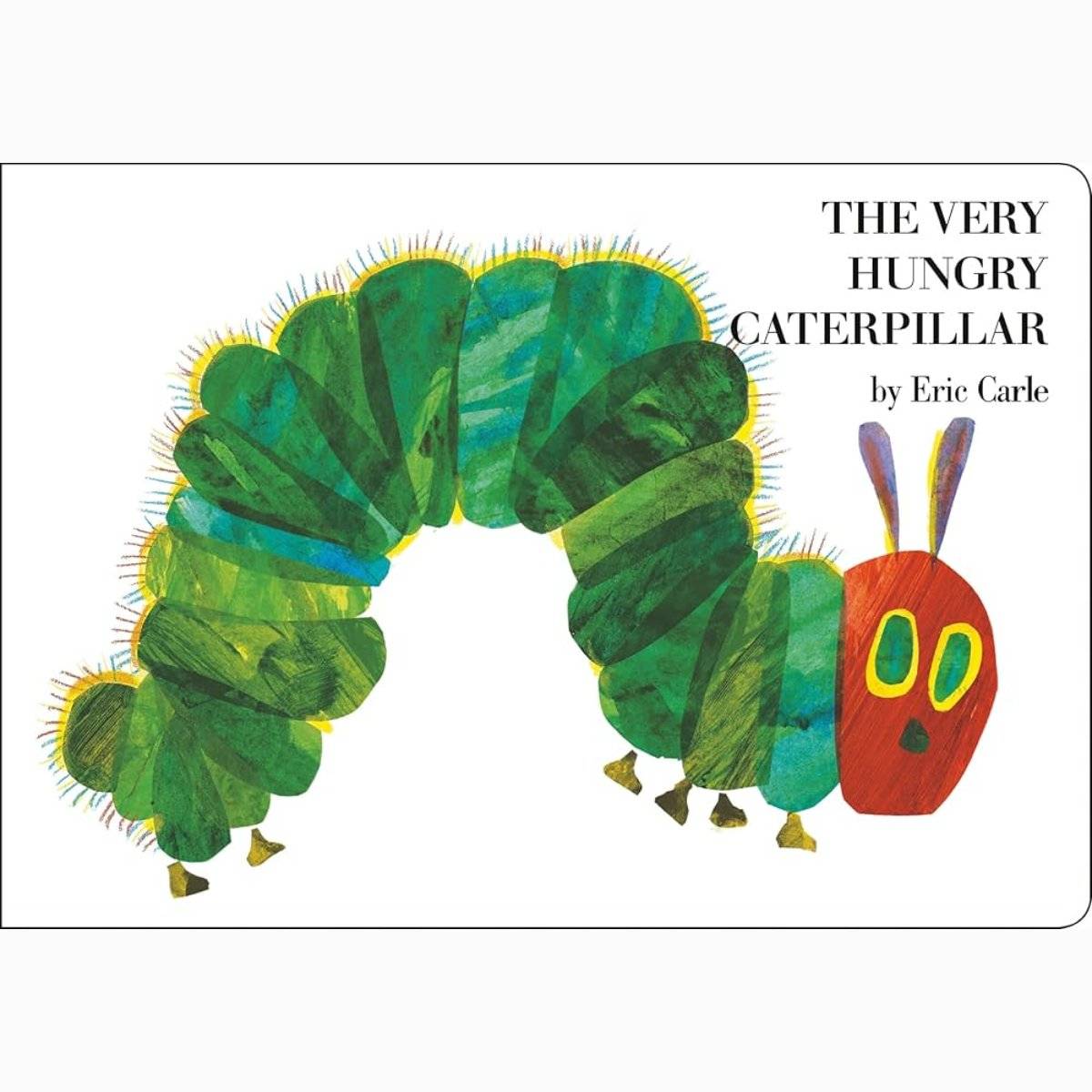
Picture book- The Very Hungry Caterpillar by Eric Carle (1969) is a visual masterpiece. Carle‘s signature collage-style illustrations, with their bold colors and textured layers, capture children‘s imaginations and bring the story to life. The playful design—like the die-cut holes showing the caterpillar‘s path—makes reading interactive, turning each page into both art and learning.
This book is such a classic! Its simple, repetitive text also supports early literacy skills and helps young learners practice prediction and recall.
“Jasper realized the carrots had been haunting him all along.”
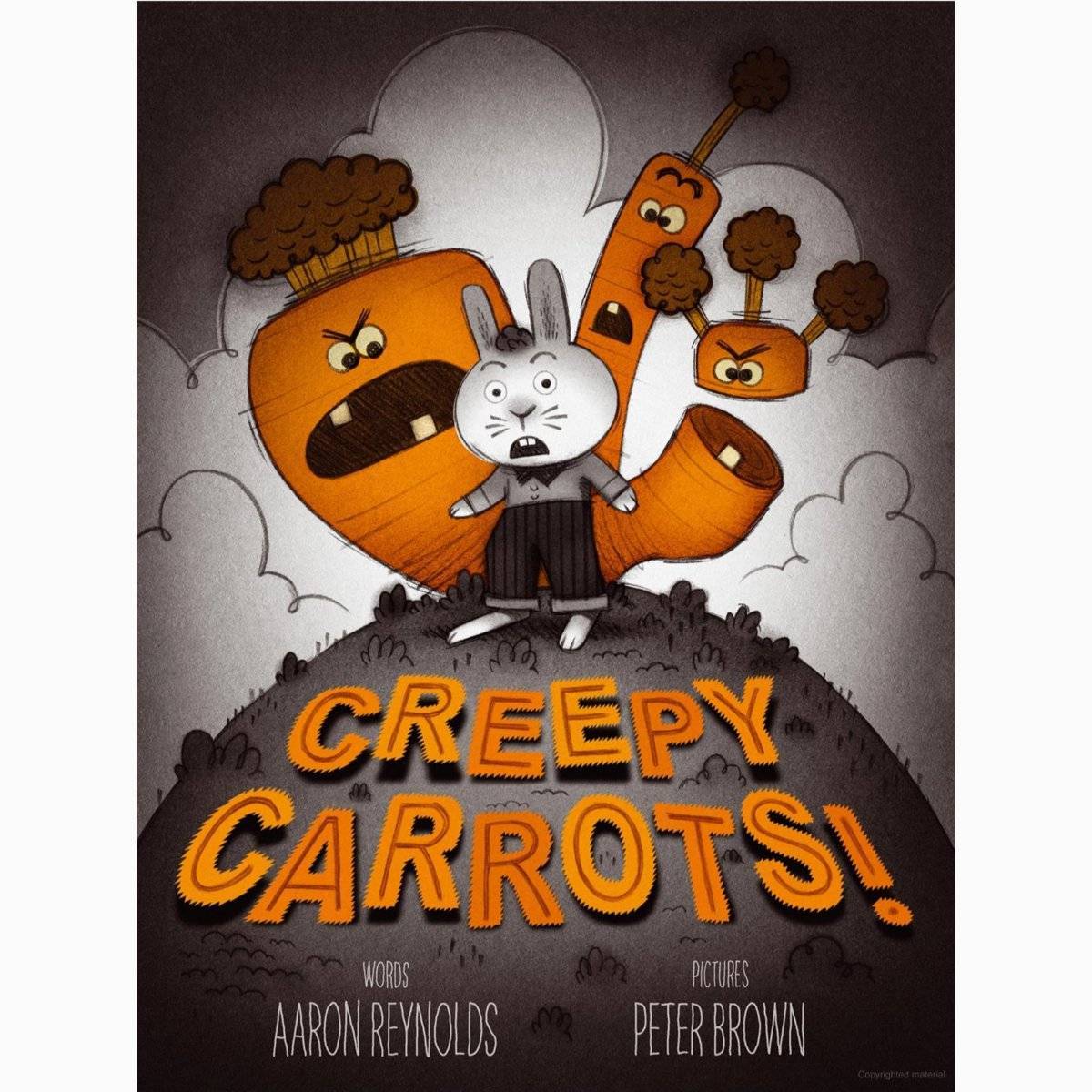
Picture Book- Creepy Carrots! by Aaron Reynolds, illustrated by Peter Brown (2012), is a funny, slightly spooky tale about Jasper Rabbit, who loves eating carrots—until he starts suspecting the carrots are following him. With clever twists and bold illustrations, this story blends humor and suspense perfectly for young readers.
This was such a funny book with amazing pictures! It would be so fun to read to elementary-aged students during the fall/Halloween season.
Picture Book - Caldecott Honor - Home in a Lunchbox by Cherry Mo (2024) tells the story of a young girl who immigrates to the U.S. and feels different at school—especially at lunchtime, when her food sets her apart. Over time, she learns to embrace her culture and discovers that sharing it helps her feel at home.
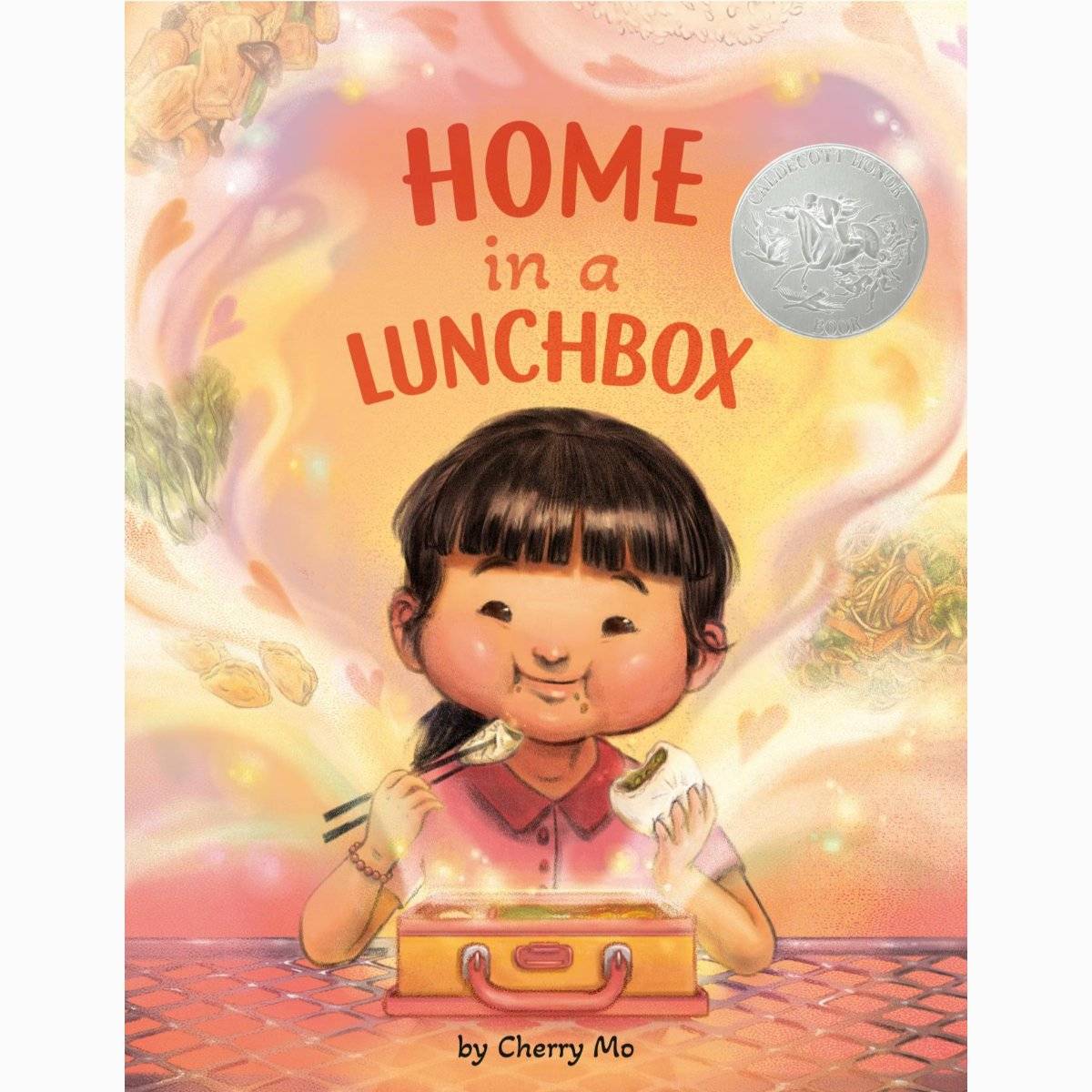
This was such a cute book! It did an excellent job conveying its message, primarily through pictures.
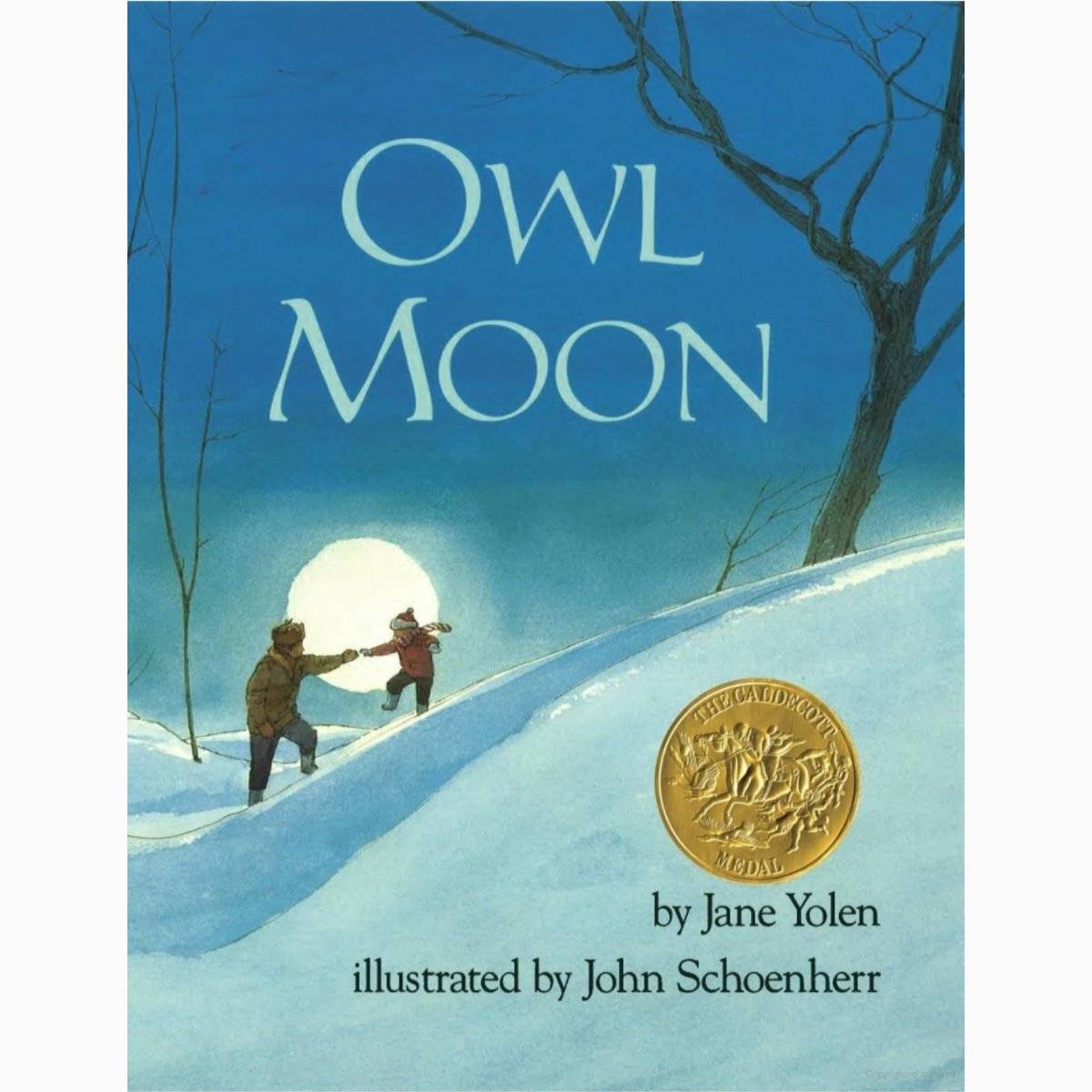
This book is great for older elementary ages. It's advanced descriptive language, calm pacing, and beautiful illustrations make it an excellent read-aloud for younger children, while its themes of patience, family bonding, and respect for nature provide meaningful discussion opportunities for slightly older students.
Caldecott award winner: (1987) This is a gentle story about a young child who goes owling with their father on a cold winter night. As they walk quietly through the snowy woods, the child learns patience, hope, and the magic of nature, until at last they spot a great horned owl.
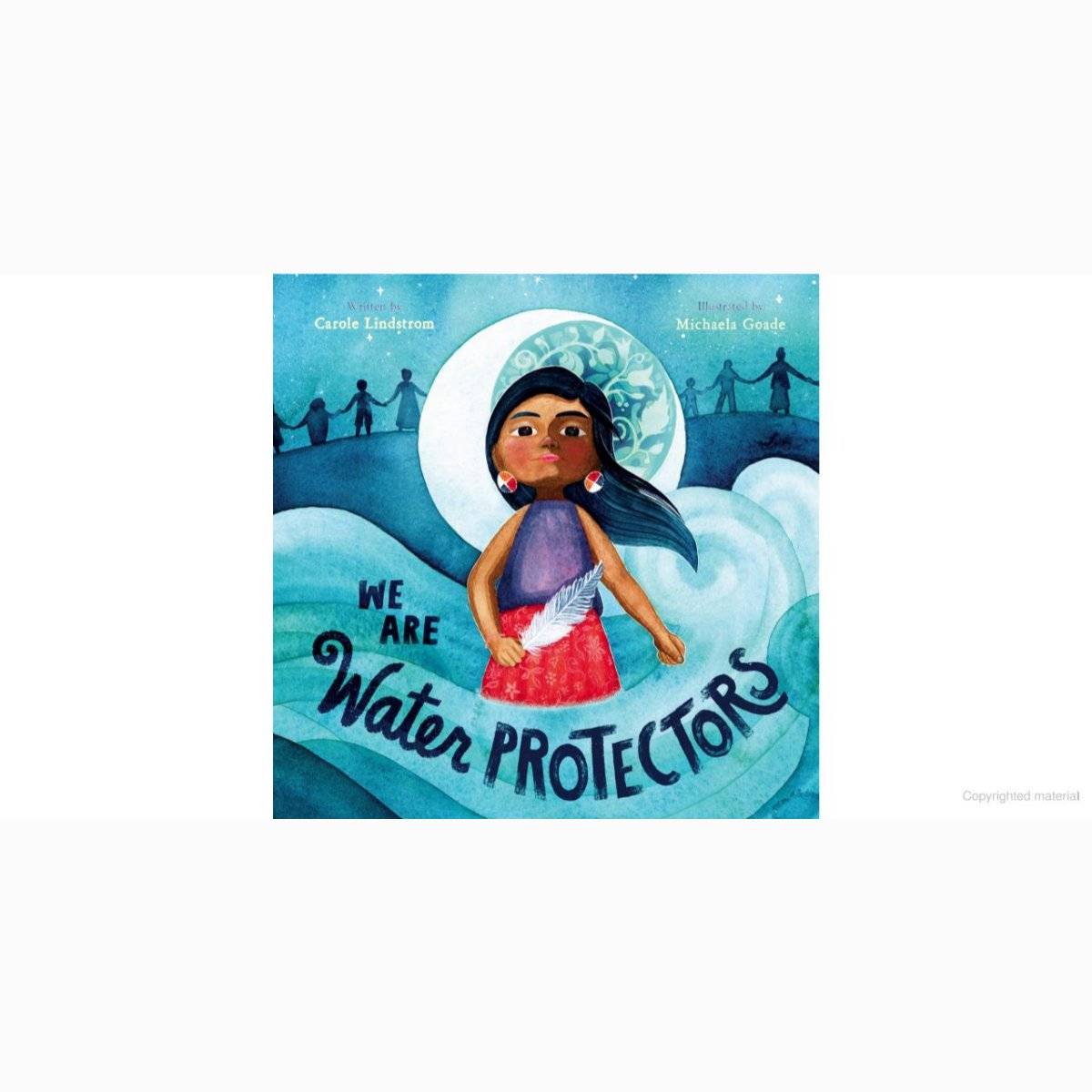
This story is a great read for all elementary grades. Its poetic language and striking illustrations introduce students to environmental stewardship and Indigenous perspectives on caring for the Earth. Teachers can use the story to spark discussions in older grades about natural resources, community activism, and respect for cultural traditions, while also connecting to science and social studies standards on ecosystems and civic responsibility.
Caldecott award winner: (2020) This story is inspired by Indigenous-led movements to protect water. Told through lyrical text and vibrant illustrations, it shares the story of a young Ojibwe girl who calls on her community to stand together against a “black snake” (symbolizing oil pipelines) that threatens the Earth‘s water, land, and creatures. The book emphasizes unity, respect for nature, and the responsibility to care for our planet.
“She realized she was tired. Not tired from work but tired of putting white people first.”
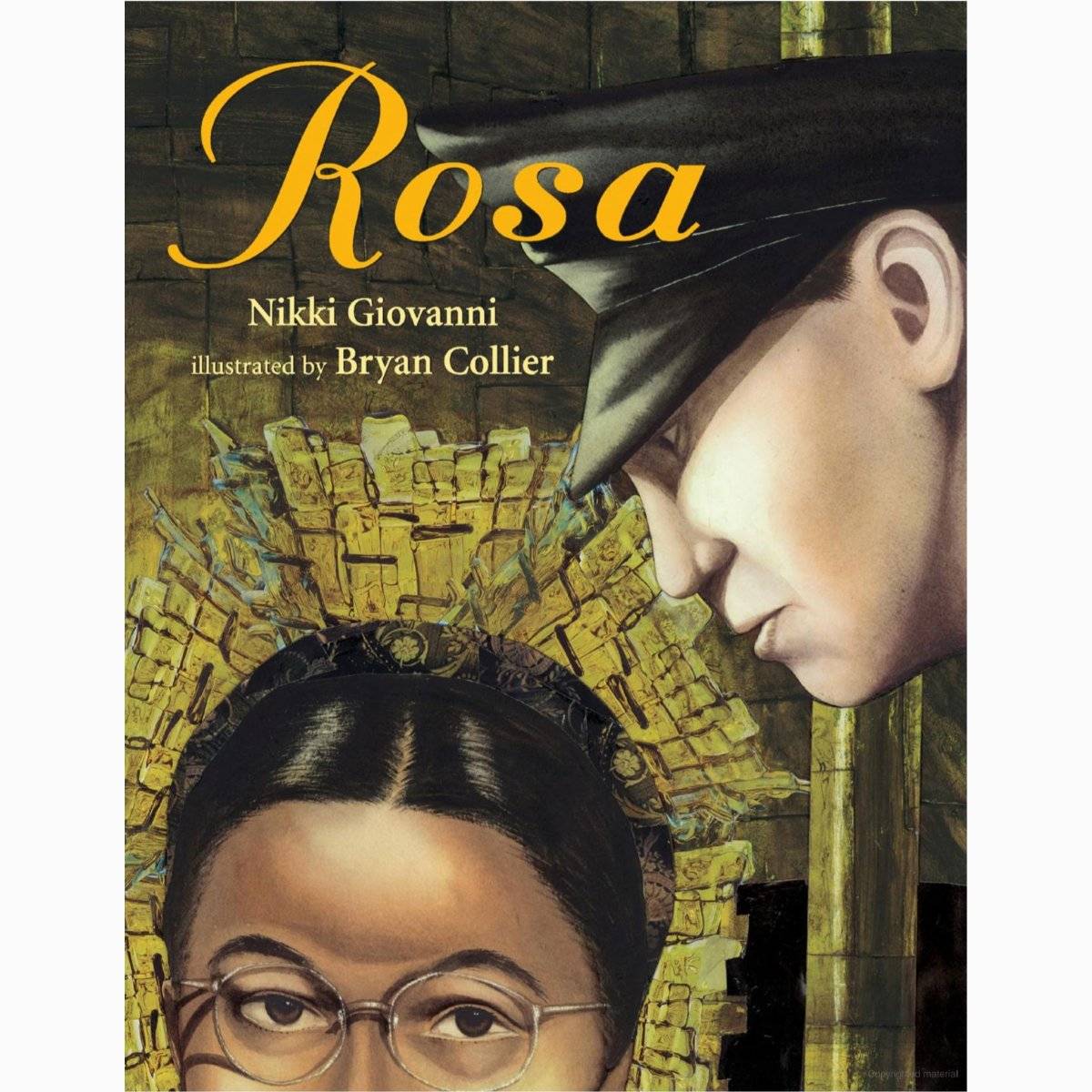
This book would be great for elementary-aged children because it explains themes and important historical events in a way that makes it easy for children to grasp and understand.
Caldecott Award Winner- Rosa (2005), written by Nikki Giovanni and illustrated by Bryan Collier, tells the powerful story of Rosa Parks and her courageous stand on a Montgomery bus. With poetic text and stunning collage art, it honors Parks‘ quiet strength and the spark it lit in the civil rights movement, making history accessible and inspiring for young readers.
“He walked with his toes pointing out, like this. He walked with his toes pointing in, like that.”
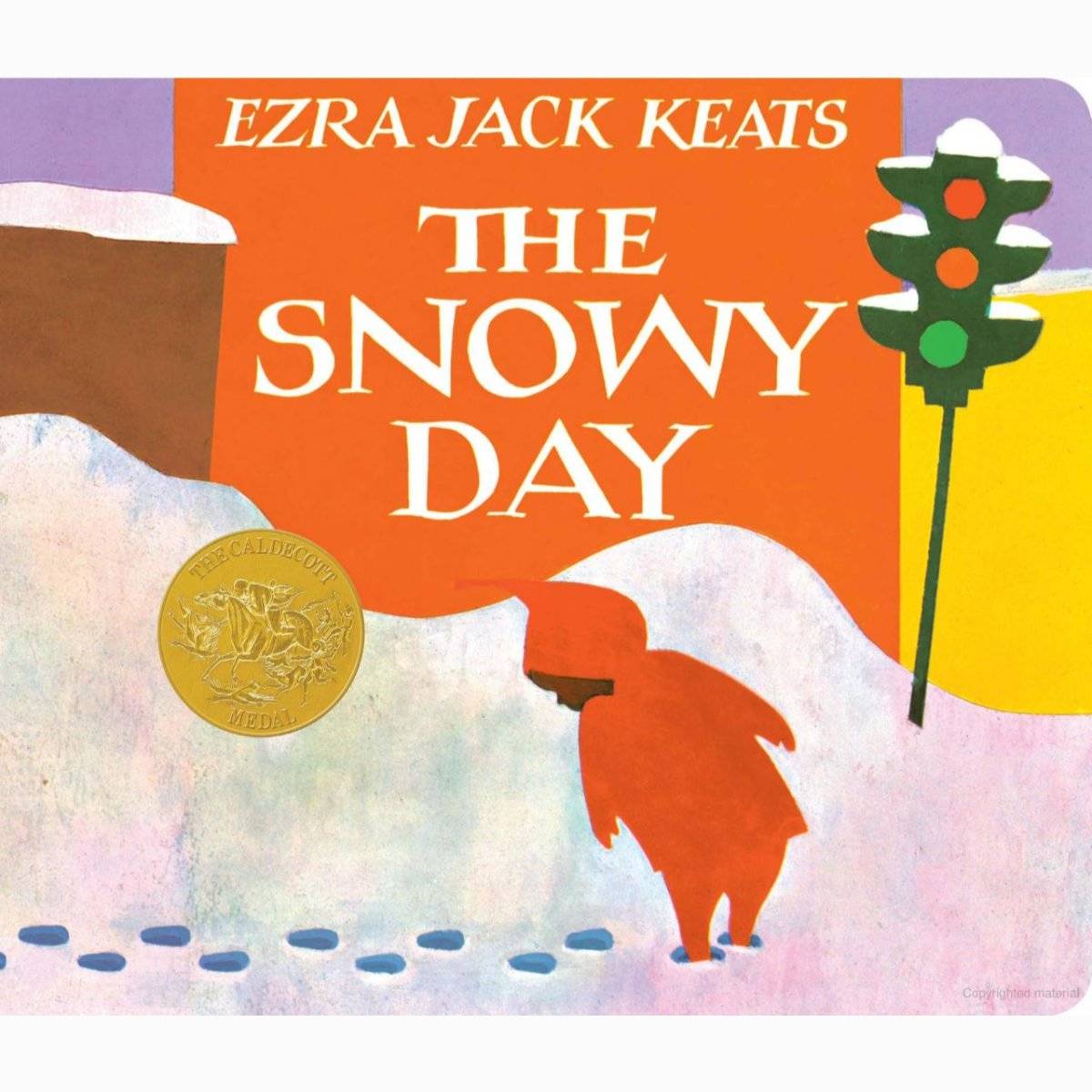
This is an amazing book that would be great for young readers. It is a simple read that children can find relatable, with the magic of seeing something such as snowfall for the first time. The book also uses vibrant pictures to help convey feelings throughout the story.